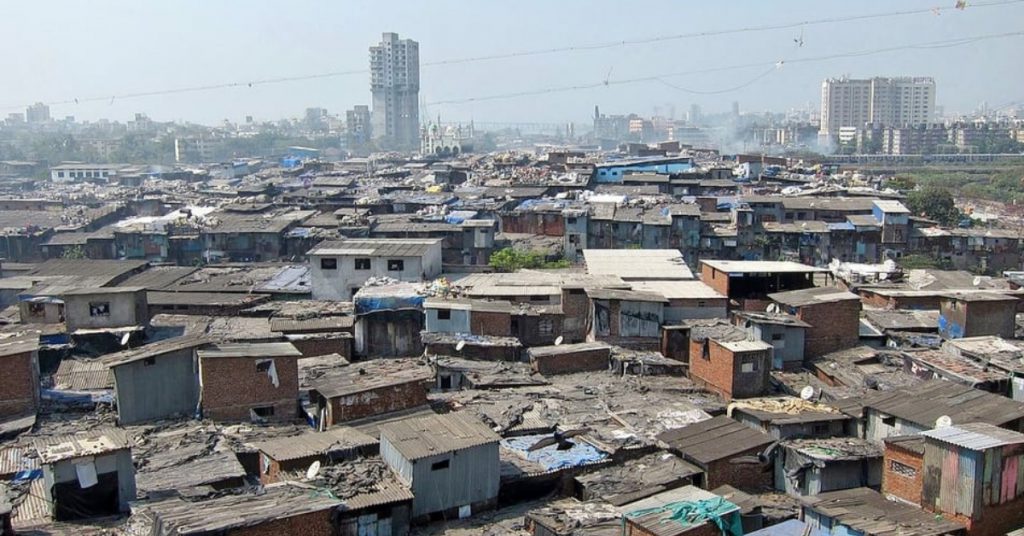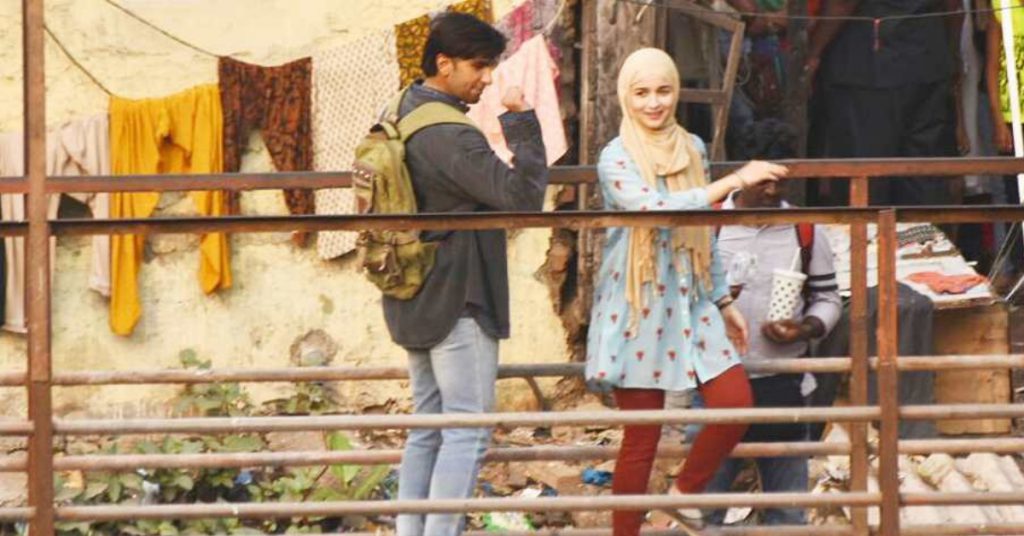
Dharavi is popularly known as one of the largest slums in the world. This ethnic slum is also considered as the densest place on the earth. It is said that only 1% of the area has access to proper hygiene and sanitation. Being located within the city, Dharavi is spread across 600 hectares of land in the heart of Mumbai. Here a few interesting things to know about Dharavi and a few noted things to do.
In the 18th century, Dharavi was an Island
It was founded in 1880 because of the removal of factories and residents from the city center by the British government. Mumbai was then known as Bombay. Unless Dharavi turned in to the world’s largest slums it was just a marshy land on the cost of river Mithi. It started to take shape when the British built a dam on the Mithi river which stopped the river water from flowing towards the marshy land and it dried. The fishermen who lived in the area shifted towards the watery side and the community of the potters moved in here. They are known to be the first people to settle here. Soon Mumbai turned into a hub of textiles and people from across India started settling in here.

Connection with Bollywood
Dharavi has been projected in innumerable films of Bollywood like Cult classic and Amitabh Bachchan-starrer Deewar, Mira Nair’s Salaam Bombay, Black Friday and the critically acclaimed Traffic Signal. Danny Boyle’s Oscar-winning film, Slumdog Millionaire, filmed many sequences and daily life in Dharavi. This film made this slum so popular that it has turned into one of the places where people from India and abroad come to take tourists to walk. The recent addition to this list is Gull Boy.

Maharashtra nature park Dharavi
Amidst the concrete jungle of Mumbai and slum of Dharavi, there is natures heaven called “Maharashtra nature park Dharavi”. Also known as ‘Mahim nature park’, it is a green forest land of Mumbai. Here you can see 100s of migratory birds, insects, beautiful butterflies, and some small mammals. It was a garbage land that was transformed into natures park with due efforts of MMRDA. Laughing Dove, Black kite, Greater Coucal, Shikara, Great Egret, Eurasian Wryneck, Purple Sunbird, Little Green Bee Eater, Bluethroat and Barn swallow birds are seen here in abundance.

Riwa Fort
Riwa Fort also known as Kala Qilla or Black Fort which is a 354 old Island fort. It was built by the European colonialist in Dharavi. Located near the Sion Railway station in central Mumbai, it is one of the historical places to visit.

Dhobhi ghat – the laundry slum
In between the tangled mess of winding streets that create India’s largest metropolitan city is a place popularly known as the Mahalaxmi Dhobi Ghat, you can call it the laundry slum. Largest the largest un-mechanized laundry facility and washerman colony in the world and has become one of the popular tourist points especially among foreigners. It will take you approximately 40 minutes to travel from Dharavi to dhobi ghat.

The dabbawalas or tiffin carriers
Church gate station is situated near Dharavi at a distance of approx 40 minutes where every morning the dabbawalas get collected to take their dabbas to different parts of cities. On this tour, you can witness the remarkable life and mechanism of these men. They carry these dabbas in a cart and then disperse from trains to distribute them at their destined places. You can also take a tour guide who will give you all the insights.

Pottery tour
As already mentioned, potters community is the oldest community of Dharavi and potters of in Kumbharwada, Dharavi has been the light of festivities in Mumbai for the past 100 years. It is the largest community of potters. They still make pottery from traditional methods. So, if you are looking to buy authentic pottery items then it is the right place. The walk of kumbhwada feels like a traditional tour of Gujrat.

Factories tour
There are 5000-6000 mini factories running in this area. You can take a guided tour of these factories. They produce many different products. You can buy them too at cheap rates.

If You don’t want to miss our next Post then Like and Follow MetroSaga on Facebook and Instagram or simply download our Android App
You can also Subscribe to MetroSaga for newsletters.


































